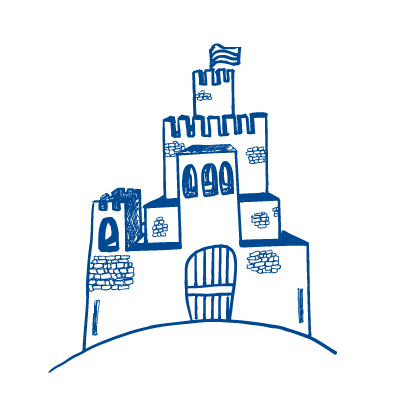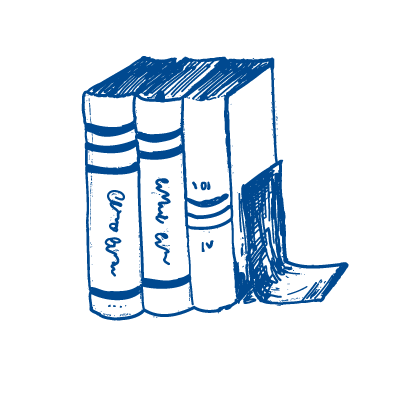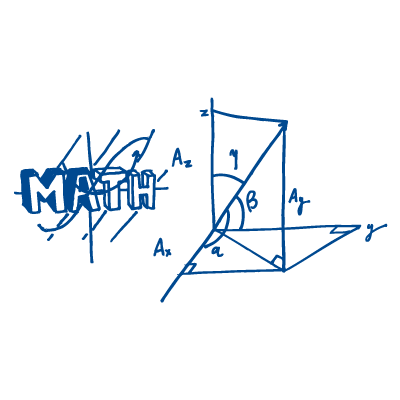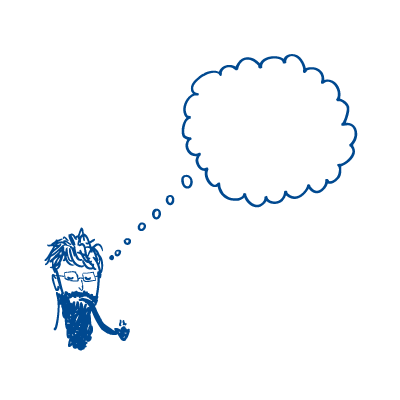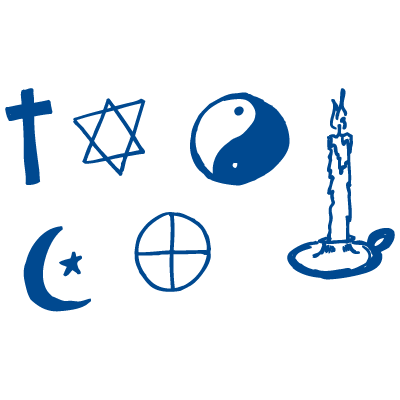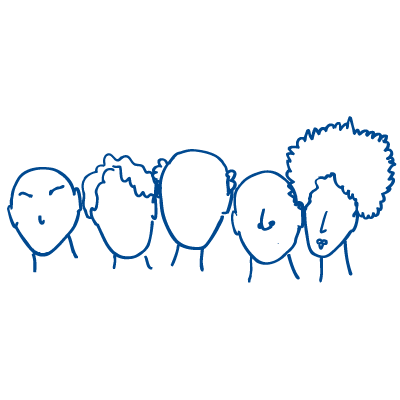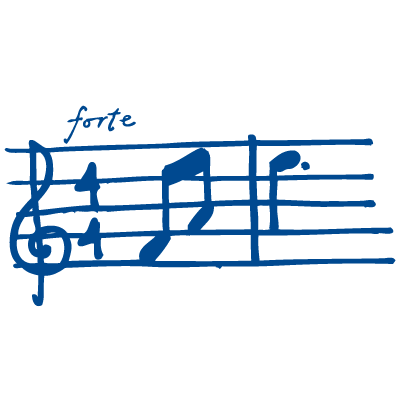Perspectives-Enduring Questions
You'll take courses in the following eight Perspectives-Enduring Questions areas so you can expand the way you understand yourself and the world. Each course examines "enduring questions" (big questions without easy answers) through different perspectives.
- In Perspectives-Enduring Questions (P-EQ) courses, you will develop your ability to reason effectively, incorporating foundational skills in writing, reading, listening, speaking, and logical, mathematical, and scientific reasoning. You will practice higher-order analysis, integration, and application of arguments and information across the disciplines.
- P-EQ courses use writing-to-learn strategies and have significant global and cultural content. In each course, you will archive an Enduring Questions Artifact and Reflection.
- See a list of questions asked in P-EQ classes.
